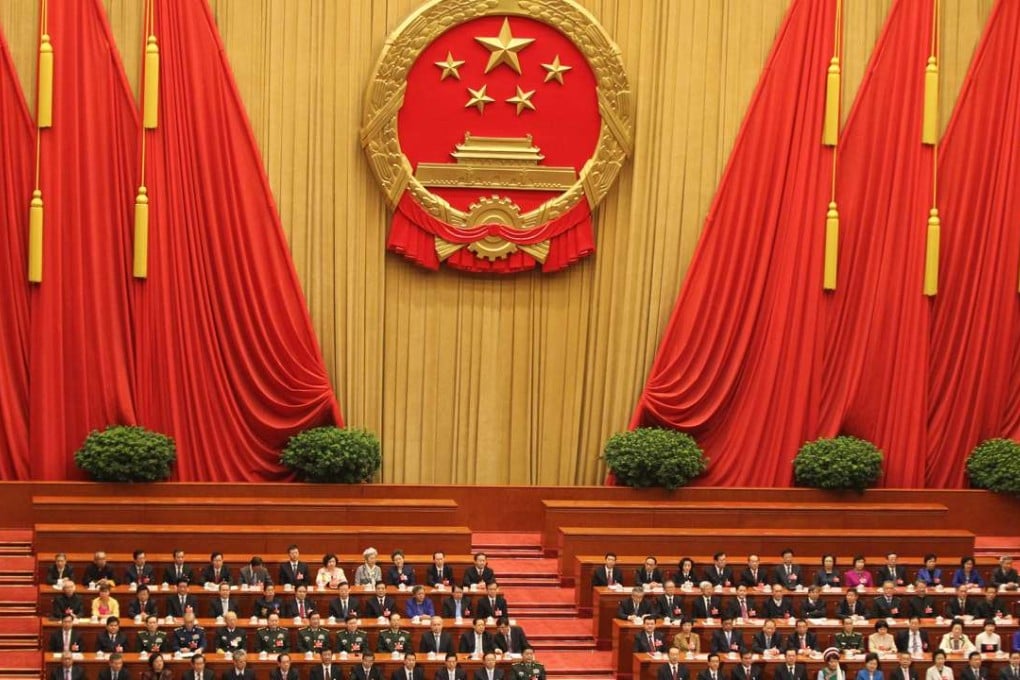Status, power, connections ... what’s behind the unprecedented voting fraud in electing China’s most powerful organ?
Although national legislators have little real influence on state policies, they can use the positions to promote their own interests

That’s part of the function of China’s National People’s Congress, often slated as a rubber-stamp parliament but – on paper at least – China’s most powerful organ. In theory, the annual gathering of nearly 3,000 people’s delegates, who are “elected” every five years, has the authority to decide every major state policy, review government work reports and approve top state leaders, including the president, the premier, all ministers and the nation’s military commission chiefs.

On most days when there’s no full-member gathering, the NPC’s Standing Committee exercises the day-to-day parliamentary functions of approving state laws and hearing reports from government ministers.